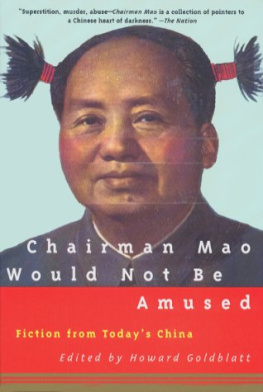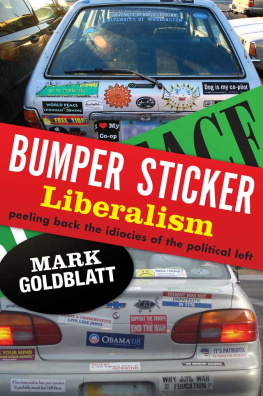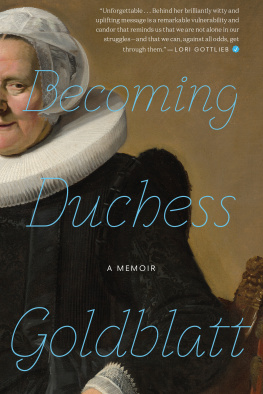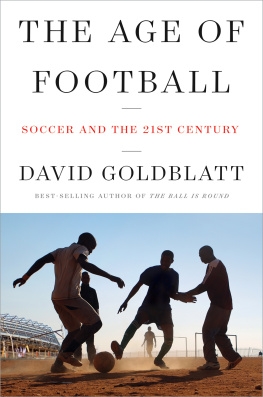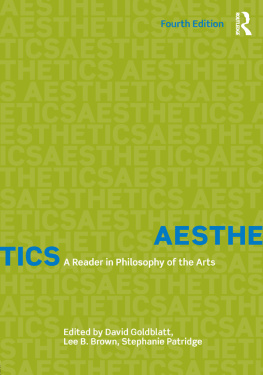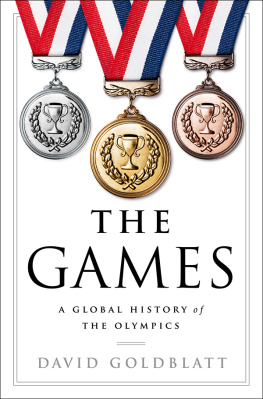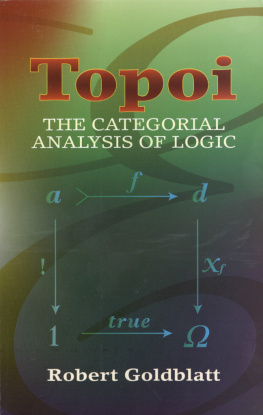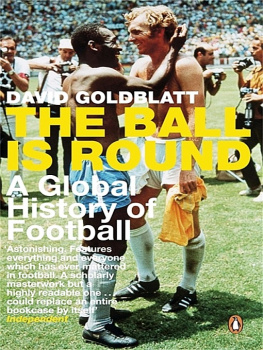Howard Goldblatt - Chairman Mao Would Not Be Amused: Fiction from Todays China
Here you can read online Howard Goldblatt - Chairman Mao Would Not Be Amused: Fiction from Todays China full text of the book (entire story) in english for free. Download pdf and epub, get meaning, cover and reviews about this ebook. year: 1996, publisher: Grove Press, genre: Detective and thriller. Description of the work, (preface) as well as reviews are available. Best literature library LitArk.com created for fans of good reading and offers a wide selection of genres:
Romance novel
Science fiction
Adventure
Detective
Science
History
Home and family
Prose
Art
Politics
Computer
Non-fiction
Religion
Business
Children
Humor
Choose a favorite category and find really read worthwhile books. Enjoy immersion in the world of imagination, feel the emotions of the characters or learn something new for yourself, make an fascinating discovery.
- Book:Chairman Mao Would Not Be Amused: Fiction from Todays China
- Author:
- Publisher:Grove Press
- Genre:
- Year:1996
- Rating:4 / 5
- Favourites:Add to favourites
- Your mark:
- 80
- 1
- 2
- 3
- 4
- 5
Chairman Mao Would Not Be Amused: Fiction from Todays China: summary, description and annotation
We offer to read an annotation, description, summary or preface (depends on what the author of the book "Chairman Mao Would Not Be Amused: Fiction from Todays China" wrote himself). If you haven't found the necessary information about the book — write in the comments, we will try to find it.
Chairman Mao Would Not Be Amused: Fiction from Todays China — read online for free the complete book (whole text) full work
Below is the text of the book, divided by pages. System saving the place of the last page read, allows you to conveniently read the book "Chairman Mao Would Not Be Amused: Fiction from Todays China" online for free, without having to search again every time where you left off. Put a bookmark, and you can go to the page where you finished reading at any time.
Font size:
Interval:
Bookmark:
The Huai-Hai Campaign, stretching from November 6, 1948, to January 10, 1949, was the second of three decisive battles contributing to the ultimate defeat of the Nationalists by the Communists.
Reference to a comic character in Lu Xun's short story "The True Story of Ah Q."
Pronounced WOO-YO.
In the late 1960s, Lin Biao and Jiang Qing pronounced that Mao Zedong thought was the "peak" of Marxist-Leninist ideology.
I sometimes wonder what Chairman Mao, who almost single-handedly launched, then single-mindedly derailed, the Chinese Revolution, might have thought of the literature published since his death in 1976. Taking the long view, I think he would have approved of "scar literature," a cathartic body of writing that voices the sufferings of the Cultural Revolution, for its success in pacifying the people at a difficult historical moment; after all, if, for the time being, they could not be united under the banner of permanent, violent revolution, why not keep them busy airing their collective discontent, mainly with one another? Mao knew the value and limitations of literature and writers, and he trusted neither. Yet he knew how to harness their power; over the years, he had used literature and the arts both to bring down his enemies-most of them erstwhile friends-and to keep the people's attention focused on his political agenda. If national events and socialist behavior remained the raison d'etre of the writing, it served his purposes. The fiction that began appearing shortly after his death was, by any reasonable literary standard, rather badly written; but that would not have concerned Mao, for in his earliest pronouncements on literature, back in the Yan'an caves in the 1940s, he had said, "Literature and art are subordinate to politics, but in their turn exert a great influence on politics." By focusing on the evils wrought by the renegade Gang of Four, and thus deflecting charges of responsibility away from the Party and the current government, this generally amateurish writing played a significant political role in the days immediately following the Cultural Revolution.
"Scar literature" gave way in the late 1970s and early 1980s to "introspective writing" and "root-seeking literature," both of which would have fit nicely into Mao's plans to keep the socialist pot boiling. The questions posed in the fiction of this period-like, Why are we the way we are? and What are the origins of our Chineseness?-are just the sort of questions Mao would have wanted people to ask, since he could have been counted on to provide the answers. And if the writers went a bit far afield, or strayed into one form of heresy or another, then they would become grist for his mill, a mill that produced exemplars for the next generation. Indeed, there were some anxious moments, as when the avant-garde versifiers known as "misty poets" renounced a collective mentality with their imagistic, impenetrable poems; but who reads poetry anyway? Mao would have merely swatted them away with one of his famed waves of the hand, a superior smile on his face, smug with the knowledge that the "neo-realistic" prose then capturing the imagination of readers in China and in the West was highly politicized, making it one more potential weapon to be used by those in power to retain that power.
The literary scene in the mid-1980s was charged, as large numbers of readers were won over by the passion of writers hewing to the role of social reformer. Finally, people assumed, a literature of dissent worthy of the name was emerging: stories revealing the ugly side of the revolution, poems that sang the praises of romantic love, dramas that acted out some of the dangers facing the Chinese nation, even films portraying the betrayal of the revolution by people within the Communist Party and the government itself! But Mao, I think, would not have been concerned, knowing it was only a matter of time before someone went too far and the orthodoxy of power could reassert itself. Mao must have known that the only truly dangerous writing in a totalitarian society is that which ignores politics altogether, literature that serves art, not society. Anti-Party diatribes? They would play right into his hands. Lurid sex and gratuitous violence? He certainly had nothing against either of those in real life. Utopian pie in the sky? What, after all, is Marxism?
But then China 's new leaders turned their guns on their own students and workers, and the ensuing loss of faith, coupled with the supremely individualistic desire to get rich quick, changed almost everything in China, including its literature. I suspect that even the chairman's confidence would have been shaken by reactions to events of June 1989. The writers responded to the new realities by staking out territory independent of societal and political pressures; they were now more interested in mocking the government and socialist society than in trying to reform them, more concerned with the reception of their work by the international community than with their status in China. If Mao were still around and running the show, I'll bet that few, if any, of the stories in the present collection would have pleased him. At best he might have asked, "What's the point?" At worst well, we mustn't get carried away. Most troubling to him, I suspect, would have been the artistry-the playfulness of some of the pieces, the angst-ridden introspection of others, and the layered possibilities of most; that, of course, and their lack of utility, something no socialist revolutionary could abide. No, if confronted by the literary offerings of the twenty men and women represented here, Chairman Mao would certainly not be amused.
All the selections in this anthology were written or first published in China proper; the earliest pieces appeared in 1985, the most recent in late 1993. Novelists who left China more than a decade ago, those who have moved on to other pursuits (most, in contemporary terms, to take the plunge-that is, become entrepreneurs), and those from other Chinese communities-Taiwan, Hong Kong, Southeast Asia, the West-are not represented here; their work can be found in translation elsewhere.
Many people have graciously contributed to this anthology: Colin Dickerman, who suggested the project; Shelley Wing Chan, who performed many important tasks for me as the project built up steam; friends and colleagues who either commented upon the growing list of authors and stories or made recommendations of their own; and, of course, the accomplished translators, who maintained their composure and humor even when I could not. On behalf of the authors whose work graces the pages that follow, I thank them all.
H.G.
Dentists always fire Miss Dai Er's imagination. The fantasy begins when she approaches the dentist's office and hears the whir of the drill. As she enters, the sound courses through every nerve in her body. At the same time, in the space taken in by her gaze, countless teeth dance and fly around her like snowflakes. Whirling and spinning, they send forth the delicate fragrance of falling pear blossoms.
At this moment, Miss Dai Er is fantasizing as she sits in dental chair 103, assigned to Dr. Kong Sen, in Hospital 103. Dai Er, twenty-two, possesses a nearly pathological tenderness, charm, and melancholy. A painfully impacted wisdom tooth has brought her here. She looks around carefully: there is a spittoon and a cup on the left armrest; above it are a gadget on an adjustable arm and a small electric fan; directly overhead is a large lamp, like a golden sunflower whose petals move around the patient's mouth; alongside the right armrest is a swivel chair with wheels, on which the young dentist is currently sitting.
He is a reticent young man, tall but stocky and sedate, with focused yet limpid eyes. (Miss Dai Er will never forget his eyes. In the future, she will spot him amid a sea of people by his eyes alone.) His nose and mouth are obscured by a snow-white gauze mask, and it is this hidden part that bestows upon him a space open to imagination and a mysterious, fathomless aura.
Next pageFont size:
Interval:
Bookmark:
Similar books «Chairman Mao Would Not Be Amused: Fiction from Todays China»
Look at similar books to Chairman Mao Would Not Be Amused: Fiction from Todays China. We have selected literature similar in name and meaning in the hope of providing readers with more options to find new, interesting, not yet read works.
Discussion, reviews of the book Chairman Mao Would Not Be Amused: Fiction from Todays China and just readers' own opinions. Leave your comments, write what you think about the work, its meaning or the main characters. Specify what exactly you liked and what you didn't like, and why you think so.

